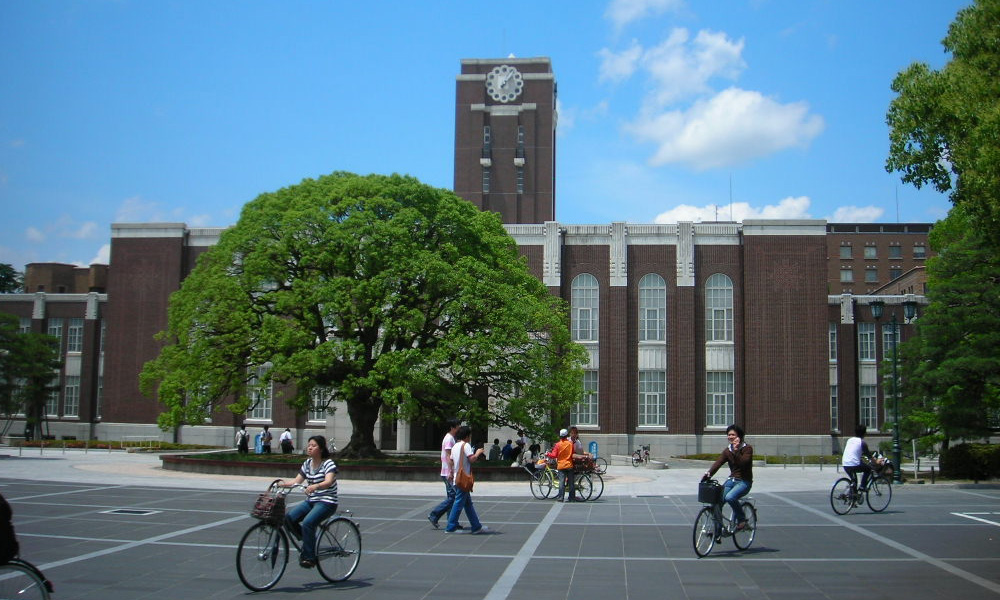COMMENT | As the Prime Minister of Malaysia, Dr Mahathir Mohammad is right to check all the indicators on the dashboard of the Malaysian economy before implementing any policies.
By asking rhetorically if the bumiputeras can compete with the influx of Chinese nationals, Mahathir was not merely teasing for an answer but warning of the social political and economic risks posed by the hyper competitive mainland Chinese, many of whom were raised by "tiger moms" as Amy Chua of Yale University had once put it.
The fact is, competition is a notion or concept that must begin with what social scientists call the "human agency". In other words, it is individuals that compete against one another. Not clans, countries or communities.
This is due to the huge differences in path dependency. The US, for example, used to be like any normal country in the 18th century. New York City, which is now considered a major Cosmopolis, did not even have a proper sewerage system in the 1900s.
Swimming pools, which are signs of the affluence and opulence of the US, argued The Economist, was used as a bathtub, filled with chlorine, to rinse the dirt and bacteria off the new immigrants from the Old World.
The US for the lack of better word, subjected these "new subjects," who rushed to the US to find a better life, to begin anew by first having them dip themselves into the pool. This is a well-documented fact of social history of the US that is not often understood in Asia.
Instead, Asia had access to the TV and celluloid screens starting from the 1960s, at which point Hollywood was already parading the power of the US through TV series like "The Brady Bunch".

Even the "Beverly Hillbillies", a popular American show, had the rednecks of the US living in humongous mansions, after their land struck paydirt when oil began spewing from the ground.
Not so First World
However, if one cares to look at the US across the board, the US economy is actually doing poorly. The income gaps between the rich and poor continue to grow. Families must hold two or more jobs to make it through to the end of each month. In Detroit, their automobile industries have collapsed. Ford has had to form a partnership with Mazda to stay relevant.
What one can say about the US, often considered the leading economic power of the day, with a GDP growth rate that is about to hit an amazing 4.1 percent this year, if not more, is just as true of China.
Indeed, in any First World country hides a Third World city - slums - and invariably in any Third World country one may actually find a well-run city. This alone implies that wealth tends to concentrate in key geographies of a country, usually the capitals.
The capitals are the seat or locale where the political and economic decisions are made. Opportunities tend to emerge from and in these areas first, according to research by economic historians at Kyoto University.

In fact, Kyoto is often seen through the lens of Japanese tradition. But there are close to 1,200 colleges surrounding Kyoto, of which Kyoto University alone has six Nobel Prize winners, more than any other university in Japan and the rest of the world, except University of Chicago.
But, once again, look at Chicago. Just outside of University of Chicago is an area that can only be described as African ghettoes. Just sixty years ago, about the same time Malaysia acquired its independence, Chicago was known for its Tammy Hall politics, where corruption ruled the day.
Working smart
Former US president Barack Obama, although born in Hawaii, and raised partly in Jakarta, decided to be a social community organiser and assistant professor at University of Chicago, backed by his degrees in political science from Colombia University and subsequently juris doctor law degree from Harvard Law School.
In his book "The Audacity of Hope", Obama spoke of how he challenged and overcame the white prejudice that African Americans cannot make it in the rarefied world of American politics or corporate America. Together with his wife Michelle, who worked hard to get into Princeton University, subsequently Yale Law School, both the Obamas made it to the top through the grit of their teeth and intellect.
How bumis compete with Chinese in China, for that matter Chinese in Malaysia or the diaspora, would depend on their effort in the education sector. Not only must they work hard, but they must work smart too. Dr Mahathir and Dr Siti Hasmah, for example, are the best examples of these creeds. In their 90s, they know how to pace themselves. Dr Siti Hasmah, for instance, can play two musical instruments: the violin and piano. At this standard, she can practically apply to any of the schools in Harvard, and be accepted as a ‘direct admit’ candidate.

President Xi Jinping's daughter is a graduate of Harvard too. But there is no telling if she can play both the violin and piano. Although video clips that have surfaced online shows her to be an extremely talented songstress, a trait she probably inherited from her mother, who prior to being the First Lady of China was a top singer embedded in the People's Liberation Army, whose goal was to inspire and spur the millions of Chinese troopers to be utmost patriots.
Malaysia has bumis and non-bumis. But when they want to succeed, they have to understand the importance of education, bar none. Some education systems in Scandinavia, such as Finland and Denmark, have discovered new ways of stimulating the human mind from as young as five, by allowing them to play more and create more things, even from Lego sets and art works. There was no obsession with science and mathematics. Yet Norway, Denmark and Sweden are often the happiest and best countries, according to the ranking of the UN.
The key to the future is to "learn, unlearn and relearn, daily", as Alvin Toffler and Heidi Toffler the futurists affirmed. In fact, the shahada of Islam contains this dynamic too. When a Muslim says "there is no God but Allah", it hints at the need to rekindle his or her own appreciation of Islam each day. Thus one must be good to one's neighbours, friends, and the like. But one must also learn to be better at controlling one's lust and desires, what is known as jihad al akbar.
The previous administration of Malaysia failed totally at this front. Instead of reaching key goals on behalf of Malaysia, for its betterment, the top echelons of their leadership started hoarding cash and gold by the billions.
Corrupt Chinese nationals who did the same in China have been nabbed and arrested to the tune of 300,000 too. Bumis and non-bumis should avoid any rat race with China. If anything, they have to learn the essence of what Confucius called the process of self-rectification of the "hearts and minds".
Only when an individual is capable of controlling his or her own thoughts, can the person then go to the next level of competition. Competition in this sense must be sequential, and staggered, to allow a person to walk before she or he can run.
What Malaysia does not want to do is to give the people the sense of entitlement that they don't have to do much to succeed because the state is always there to help them.
PHAR KIM BENG was a multiple award-winning Head Teaching Fellow on China and Cultural Revolution in Harvard University.
The views expressed here are those of the author/contributor and do not necessarily represent the views of Malaysiakini.

